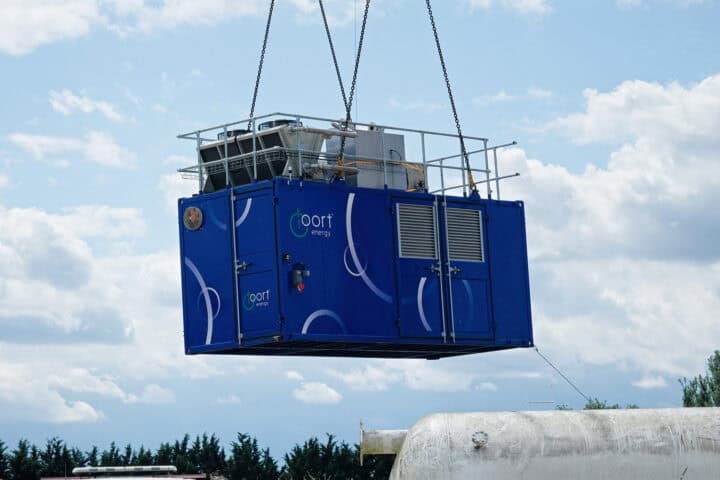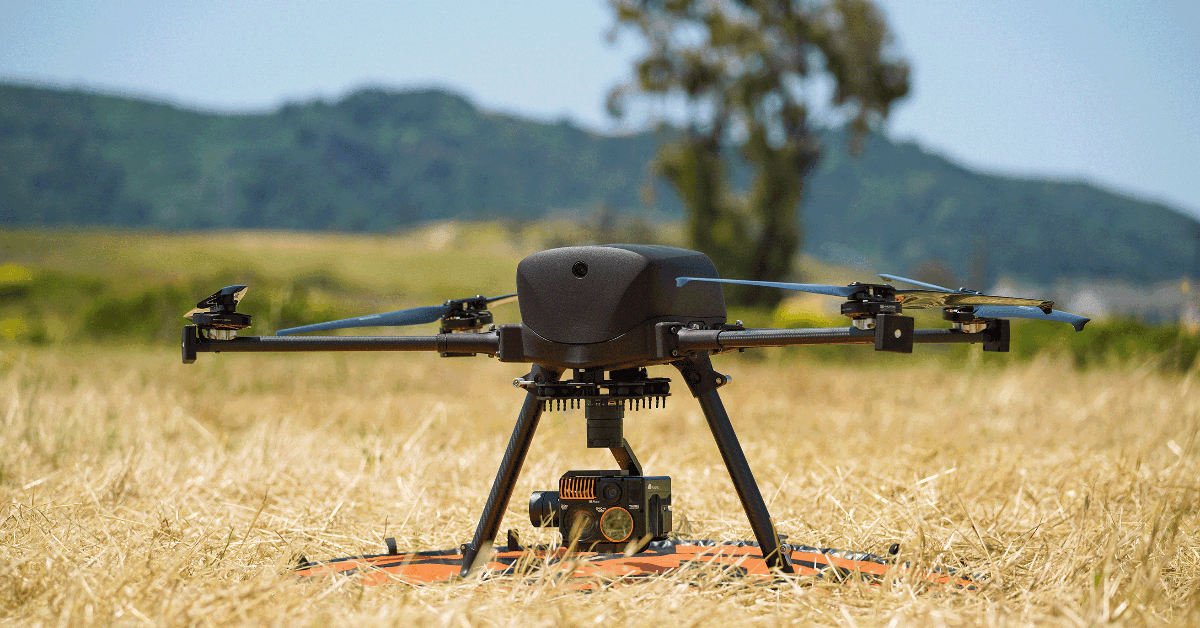Advance Control for Buildings, a platform introduced by Honeywell, is regarded as one of the company’s biggest advancements in the development of building controls to date.
Advance Control, a building’s energy efficiency strategy, is intended to automate building management and lay the groundwork for it. The most recent technologies are combined with decades of innovation and domain knowledge to create honeywell.com control. A refined operation system with built-in cyber security and technology to deliver faster network speeds that, in a second for the industry, uses existing wiring is powered by automation and machine learning.
According to Steve Kenny, vice president at Honeywell Building Management Systems, “buildings are currently under increasing pressures regarding safety, operating efficiency, and energy efficiency.” Advance Control promotes innovation while also assisting building managers in optimizing their building operations to meet these pressures by pushing the boundaries of scientific advancement. Automation removes operating obstacles to give building managers more control over the effectiveness of their structures, thereby enhancing individual satisfaction and advancing energy management objectives.
Honeywell recently announced alliances with semiconductor firms NXP and Analog Devices as part of this rollout.
With NXP, Honeywell aims to improve intelligent decision-making and machine learning for better energy management, convenience, and security both inside and outside the building.
According to Rafael Sotomayor, executive vice president at NXP Semiconductors “Security resilience is becoming more important for networked control systems.” To protect delicate building automation infrastructure, Honeywell’s Advance Control for Buildings platform makes use of NXP processors that effectively combine machine learning with cutting-edge security technologies.
Through digital connectivity and signal conversion across numerous industrial applications, the joint efforts with Analog Devices (ADI) aim to deliver greater efficiency and increased intelligence.
According to Diarmuid McSwiney, managing director for commercial connectivity and control at ADI: “New technologies have been invested in to meet the needs of the building automation market while also providing flexibility for potential upgrades. Our single-pair Ethernet (T1L) makes it possible to reuse an existing building’s wiring, which helps to cut down on installation time, expense, and waste. In Advance Control for Buildings, ADI is happy to collaborate with Honeywell to introduce this innovative technology to building management systems.”
Buildings are responsible for 37 % of all global CO2 emissions, according to the UN Environment Programme, which puts more pressure on people to find and use less energy. At the same time, finding technicians to maintain and modernize spaces is challenging for building owners due to a lack of qualified labor.
Sandy Rogers, a main analyst with the research and consulting firm Verdantix, stated that “Real estate and facilities leaders are placing leading priority on optimizing building operations.”
Organizations will increasingly look to online innovations like AI and machine learning for added intelligence because they need greater visibility and integrated control across their building portfolios.












